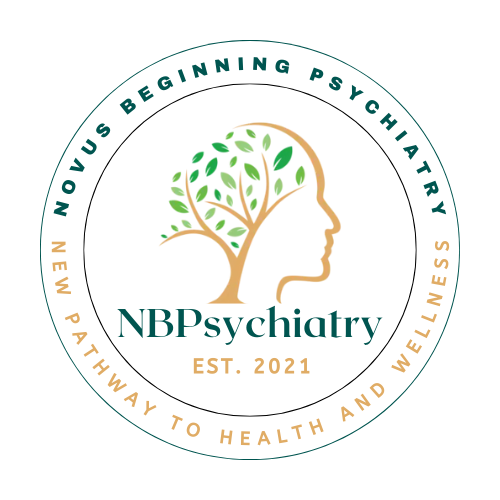Suicide: Risk Factors
Suicide refers to taking one’s own life. People could utilize it as a way to get away from suffering or agony. A “suicide attempt” is an attempt that did not result in death. In other words, Suicide is defined as an intentional act of self-harm with the purpose of ending one’s life.
There are at least a few common traits to be mindful of, even though you might not be able to predict what might lead a friend or loved one to attempt suicide. Psychiatric disorders, particularly depression, alcoholism disorders, and other related ones are linked to suicide.
- Previous suicide attempt.
- Suicide in the family’s past history
- Substance abuse
- Has a psychological health disorder, (such as depression and mood disorders, schizophrenia)
- Has long-term pain or a fatal or disabling illness
- Losses and other events (for example, academic failures, and financial difficulties,)
- Abuse or trauma history
- Has impulsive or violent behavior
- Exposure to other people’s suicidal attempt
- Relationship difficulties
- Is hesitant to seek help for psychological health issues
- Lacks access to healthcare, particularly mental health services
- Holds a cultural or religious belief that considering death as an honorable solution to a personal problem
- Has been aware of an increase in suicide deaths by social media
Most prevalent suicide attempt warning signs
Recognizing warning signs of suicide is essential, as people may not always openly express their intentions. While not everyone who experiences suicidal thoughts verbalizes them, any mention of wanting to die or threatening suicide must always be taken seriously. Often, individuals may express deep feelings of hopelessness, helplessness, or worthlessness. They may believe they are a burden or that the world would be better off without them, thoughts commonly associated with severe depression.
Social withdrawal is another significant indicator. A person who once enjoyed spending time with others may begin isolating themselves, avoiding social interactions, and losing interest in activities they previously loved. Recent traumatic events or major life crises can also increase the risk of suicidal thoughts. Examples include the death of a loved one, relationship breakups or divorce, receiving a serious medical diagnosis, financial troubles, or even distressing experiences such as cybersecurity threats or kidnapping.
Persistent depression or emotional disturbance is one of the strongest risk factors. Someone may appear constantly sad, anxious, or agitated. You may also notice sudden changes in personality or behavior, speaking unusually fast or slow, sleeping much more or far less than usual, or showing a sudden decline in self-care. In some cases, individuals begin making final preparations, such as organizing personal belongings, giving away valued items, visiting loved ones, writing a will, or searching for methods to harm themselves.
Can a suicide attempts be prevented?
A Suicide attempt can frequently be avoided. You can help stop suicide attempts by taking the following actions:
- Learn the risk factors for suicide
- Watch out for indications of depression and other mental health issues
- Recognize the warning symptoms of suicide
- Give caring support
- Ask the person directly if they have ever thought about hurting themselves
- Keep them protected, like limiting access to dangerous objects or places
- Contact the 988 Suicide and Crisis Lifeline by phone or text
- Stay connected. After a crisis, follow up and keep in touch
- Show your understanding of their severe issue. Never advise someone to “cheer up” or “get themselves together”
What if a loved one commits a suicide attempt?
A loved one’s suicide loss can be heartbreaking. You might question if there was anything more you could have done for them. Maybe you don’t know why it happened. You can experience guilt and rage. The fact that suicide is not your fault should be understood. The decision to end one’s life is influenced by a variety of factors.
- Talk with your family and friends
- Find a support network. Speaking with others who have experienced suicide loss of a loved one may be beneficial
- Keep in mind that healing takes time. You are free to take as much time as necessary
- Allow everyone to share their feelings
- Honor your loved one’s life in a way that means something to you



